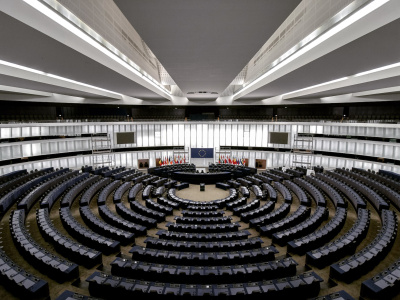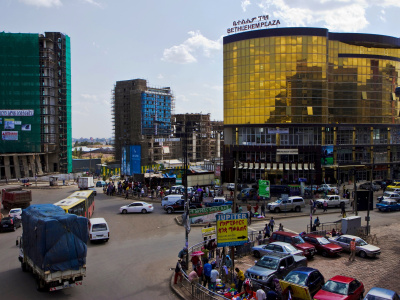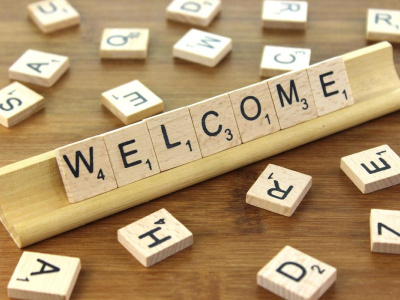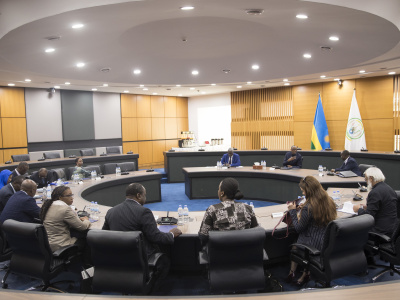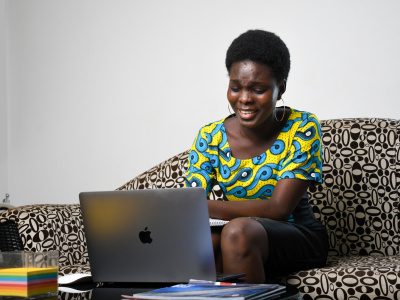Dear EU leaders,
On the afternoon of Monday 15 April, as renovation work was being carried out, a mysterious fire broke out on the roof of Notre Dame Cathedral in Paris. Thousands gathered to watch the grim spectacle, most of them in tears. Something pulled at my heartstrings as I watched on TV as the spire came down amidst the dark fumes and rubble. It was deeply moving to see Christians, Muslims, Jews and even free-thinkers united in grief as they watched the conflagration engulf this monument to faith.
I have an abiding passion for medieval cathedrals. For one thing, it’s their timelessness. Of all those I have seen – Clermont-Ferrand, Tours, Chartres, London, Oxford, Berlin, Warsaw, Turin, Budapest, Uppsala, Brussels, Cologne and Vienna – Notre Dame is incomparable. Paris is the city of my youth. I studied there. Every year the cathedral is visited, we are told, by no less than 12 million people.
President Emmanuel Macron has solemnly promised that a more beautiful Notre Dame will arise from the ruins. Notre Dame is a metaphor for Europe. Like the cathedral, the work of Europe will not be completed in a day. And it would be meaningless without faith. The Old Continent has been known for many things: glory and grandeur, inventiveness, science and philosophy, music and the arts, technology and industry, fanaticism and tolerance, imperialism, madmen and stupid wars. Europe is a mixed bag of the good, the bad and the ugly.
The New Europe as we know it represents the triumph of hope over adversity. Europe, in a sense, is a custodian of universal values. Europe invented what the Germans term the machstaaten as well as the “society of nations”. As in the case of Notre Dame, it would be a great mistake to imagine that a New Europe could successfully be built without the necessary scaffoldings of faith.
The British historian Arnold J. Toynbee underlined “challenge and response” as the hallmark of “creative civilisations”. Europe stands out for its capacity to constructively respond to historical contingencies. In our twenty-first century, these challenges are increasingly complex: populism, terrorism, viral epidemics, economic stagnation, climate change, energy security and immigration. There is also the challenge of Brexit, a political tsunami that took Brits and Europeans alike by complete surprise. The tragedy of Brexit is that British youth overwhelmingly desire to remain while the oldies want out. The youth are wise enough to know where their bread is buttered. We in Africa want a stronger and more united Europe. We believe that a thriving Europe and more united Europe is good for Africa and good for the world.
The relations between our two regions date back to antiquity. The 1957 Treaty of Rome had within it an association clause with certain African colonial dependencies and overseas territories. From then to this day, there has been a succession of ‘cooperation agreements’ covering trade, development and political dialogue, in addition to cultural and technical cooperation. The ten-year Cotonou agreement between the African, Caribbean and Pacific (ACP) Group of States and Europe is currently up for renegotiation. Europe has a separate strategic partnership with the African Union covering development and security.
Europe remains the most generous provider of official development assistance to Africa, ahead of all other donor countries. Without European generosity, many African countries would hardly be in a position to balance their budgets. But it would be naive to imagine that EU aid is a one-way street with few benefits accruing to the giver. EU development assistance enhances Europe’s influence throughout Africa, giving it unprecedented “soft power” on our continent. It is particularly instructive to note that capital outflows from Africa to Europe and the advanced industrial economies exceed US $100 billion annually. This is far more than all inward capital flows.
Europe has been Africa’s most important trading partner. Until recently, the EU accounted for over 60 per cent of Africa’s trade, although the figure has fallen since 2011, thanks to the emergence of China as a new global player. After almost a decade of negotiations, the majority of ACP regions are either implementing or at the verge of concluding economic partnership agreements (EPA) with the EU.
As a new leadership is soon to take over in Brussels, it is our hope that they will commit to building on the foundations laid by their predecessors. Africa should have a priority place in Europe’s international policy. We share a common neighbourhood and are bound together by the forces of geography, history and world economics. Europe and Nigeria need to forge a strategic partnership if Europe is to have meaningful impact in Africa’s development.
My generation of leaders aims to build a rainbow continent; a prosperous and democratic Africa that is open to the world and ready to do business with Europe. But it must be on the basis of interdependence, mutual interests and shared obligations, shorn of post-colonial attitudes. Africa still has a long way to go. But on that journey of a thousand miles, we hope we can count on Europe to walk with us as a friend and partner of destiny.
About the author
Dr. Obadiah Mailafia is a Nigerian finance and development expert, civil servant and statesman.
Former Chief of Staff of the ACP Group, Brussels.
Read the full magazine issue




